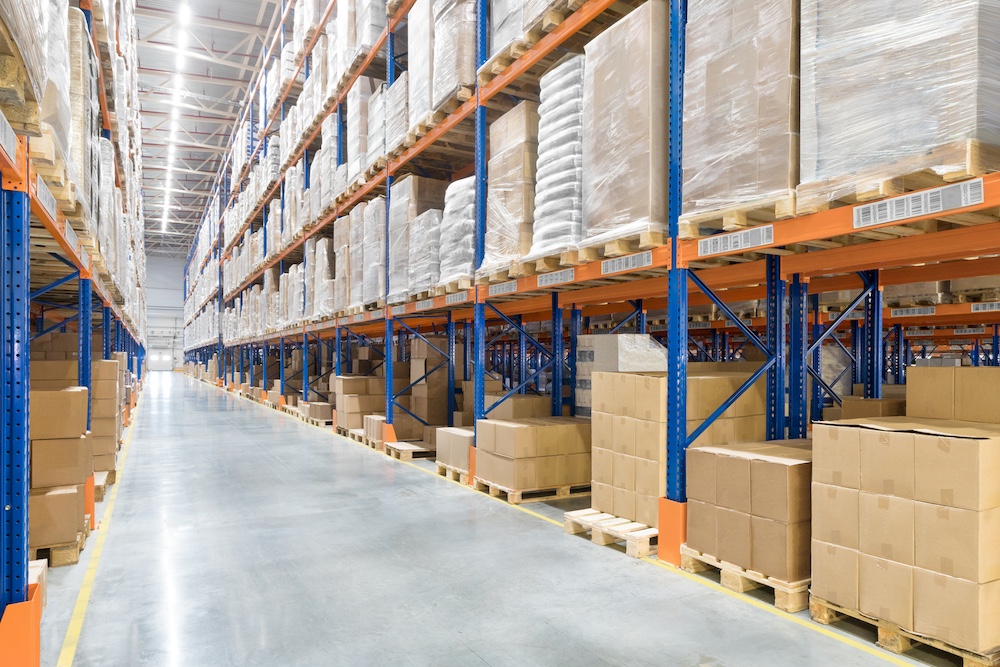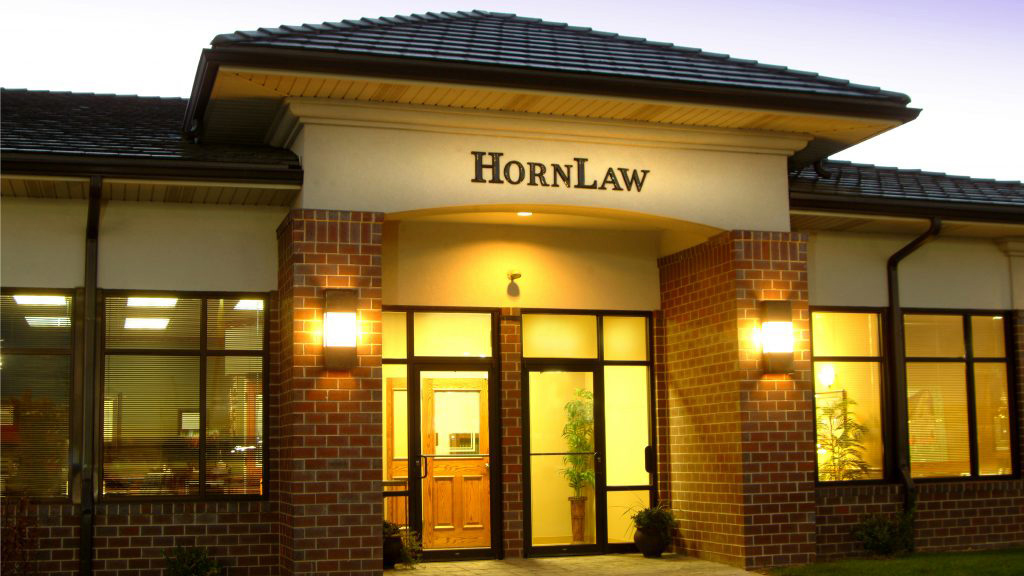
Lawyers for Warehouse and Storage Facility Accident Victims
Lawyers for Warehouse and Storage Facility Accident Victims

Again, consultation with a work injury lawyer is vital. Lead Attorney Doug Horn and the Horn Law team are prepared to provide legal consultation and representation concerning any work injury, including accidents that happen within a warehouse. Recently, our law firm procured a multi-million recovery for a young man who received serious injuries in a warehouse fall. In this case, the fall was the direct consequence of the young man not being provided the proper equipment to do a lighting and electrical repair near the ceiling of the warehouse. Following is a brief description of the kinds of warehouse and storage cases Horn Law has handled, and the potential liabilities that led to the accident. Forklift Accidents: Forklift incidents are one of the most common causes of workplace injuries for warehouse operators. Due to heavy loads and limited mobility, forklifts can lead to severe injuries if operators don’t use the highest degree of precision and care. Forklift operators should adhere to strict guidelines; however, lack of attentiveness and other forms of driver error can lead to forklift accidents. We find that many forklift-related accidents happen due to operators failing to adhere to safety policies, procedures, and protocols. Potential liabilities include:
- Failure to properly train and license operators
- Failure to provide personal protective equipment
- Failure to inform operators of capacity limits or loads
- Failure to maintain equipment
- Failure to maintain and uphold a feasible working environment for forklifts
Free Legal Consultations
If you or someone you know has been injured in a motor vehicle accident, alert Lead Attorney Doug Horn to the case at 816-795-7500. Horn offers free legal consultations. In addition to telephone consultations, Horn offers office, home, and hospital consultations to provide aid to clients at a convenient location.
As rapid response attorneys, early legal consultation is a priority with Horn Law. An early start allows us to take care of our clients’ immediate issues, including legal, investigative, insurance, and financial questions that arise in nearly every car accident claim.
Close & Convenient
The Horn Law home office is in Independence, Missouri, near I-70 and I-470 (across the street from Costco).
In addition to our home office, consultation offices are located in both Lee’s Summit and Liberty in Missouri, as well as Overland Park, Kansas.

- Failure to provide protective equipment, signage, or anti-slip materials
- Failure to stow and place loads in an organized, clean manner
- Failure to ensure warehouse premises are devoid from slick or cluttered surfaces
- Failure to abide by load-bearing limits
Being hit by Falling Objects: Falling object accidents constitute yet another facet of warehouse injury. The primary causes of falling objects in the workplace are cluttered and disorganized shelves and pallets. Because warehouse workers often have to deal with heavy and abnormally-shaped objects, it is essential that they utilize safe and uniform storage methods to prevent injury. Additionally, proper protective headgear and eye protection are vital to protect against brain and vision injuries, both of which are disabling. Even a small object, such as a hammer, can inflict serious damage from a raised elevation. Potential liabilities include:
- Failure to stack objects in an organized manner
- Failure to ensure the stability of shelves and other elevated surfaces
- Failure to warn and train employees about the nature of such stacked objects
- Failure to provide or regulate personal protective equipment, such as protective goggles or hardhats
Pallet and Pallet Rack Collapses: Pallet incidents are accidents that are uniquely associated with warehouse work. Pallet racks store objects that are sometimes three to four stories high, so careful stacking and supreme caution are always warranted. However, when objects are stacked beyond pallet capacity or in an improper manner, serious injury can result from a rack collapsing or tipping on a factory employee. A pallet collapse not only endangers one employee but also typically many others in the vicinity. Potential liabilities include:
- Failure to provide personal protective equipment
- Failure to ensure storage safety and organization
- Failure to abide by capacity and weight limits and regulations
- Failure to maintain a clean, accessible environment
Explosions and Fires: Fires are yet another possible cause for injury in the warehouse. Because some of the stocked products may be flammable or susceptible to catching on fire or exploding, it is crucial to maintain the highest standard of care when dealing with all sources of heat energy, electricity, and flammable fluids. If warehouses do not adequately train employees on how to deal with a fire or about general risks and precautions of working with a particular piece of equipment or product, severe injury can result. Potential liabilities include:
- Failure to train or warn employees about fire hazards in the warehouse
- Failure to provide protective equipment to employees
- Failure to assess the fire risk in a particular area of the warehouse
- Failure to maintain training on fire evacuation routes and appropriate signage
Electrocution: Electrocution can be the cause of a severe warehouse injury. If employees don’t receive proper training or information about the specific risks that pertain to a particular area of the warehouse, switch-system, or panel, the warehouse managers may be putting them at risk. Machines, forklifts, lighting, and other tools may require electricity, so ensuring that specific safety equipment is used is paramount for the warehouse. Even a single loose wire can create an electrical or tripping hazard, so floor managers must be vigilant of ongoing safety precautions and strategies. Potential liabilities include:
- Failure to properly train employees about electrical safety
- Failure to provide protective equipment to employees
- Failure to uphold uncluttered and safe areas for electrical work
Machine Entanglement: Warehouse workers will often be working with machines, so employees must understand the safety risks associated with particular machines, and floor managers must maintain the quality of the machines. If a machine is not maintained or updated when outdated, it could be missing new or necessary safety precautions such as machine guards that will help protect the operator. Further, employers should ensure that a machine is frequently undergoing maintenance and inspection to protect both the quality of the machine and the safety of the operator. Employees and/or operators of such machines must also be properly trained not only to work with the machine but also to recognize when it may need maintenance and how to turn it on and off to protect against lockout or tagout issues. Potential liabilities include:
- Failure to warn or properly train employees about machine operation
- Failure to provide machine guarding
- Failure to uphold uniform lockout or tagout procedures
